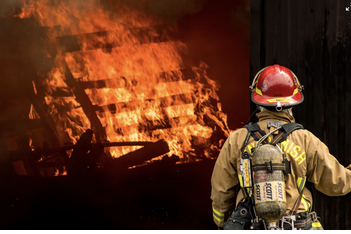Air quality has come under greater scrutiny these past years, however it is the pandemic that truly brought the topic front of mind.
Studies have shown that breathing poor air quality is the main cause of health problems, many leading to the development of various diseases such as chronic stroke, pulmonary infections, trachea, bronchus and lung cancers as well as respiratory infections to name a few. Vulnerable people living near high-traffic roads or factories, are more susceptible to becoming ill in early ages, decreasing their quality of life and lifespan. For younger children, breathing poor air can trigger asthma and cardiovascular diseases.
This year, if passed as law, breathing clean air might become a right for everybody. Local authorities will be responsible for its enforcement.
The bill introduced by Baroness Jones of Moulsecoomb (Green Party) would give everyone the right to breathe clean air, or air that is pollutant-free. The UK already has statutory limits on certain pollutants but these aren’t as rigorous as they should be. A list of the concentrations’ limits for each pollutant can be found here. If this bill becomes law, access to clean air will become a human right, and it will be added as such in the Human Right Act of 1998.
The bill outlines the need for States and Governments alike to play a key role in providing clean air to their citizens and in enforcing the bill at infrastructure and corporate levels. Authorities that do not comply with the bill will be penalised.
The bill is a leap forward to providing cleaner spaces to everyone. However this means businesses will be subjected to tougher regulations regarding their air quality and emissions.
Solutions such as AireaVu are perfectly suited to monitor your air concentration and ensure you’re within the acceptable threshold. You can generate reports on your air quality to stay on track with your goals. Contact us to discuss how the clean air act might impact your business or organisation.












